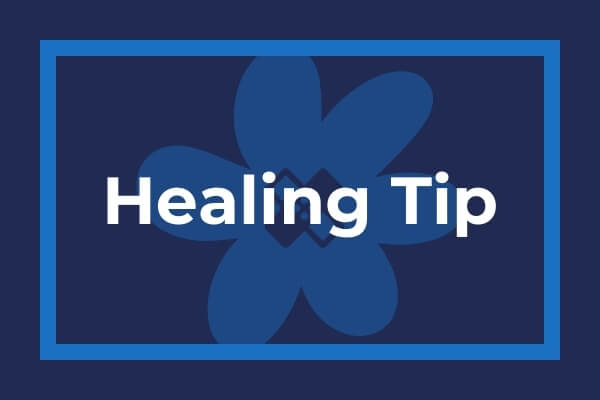With the first month of 2025 behind us, many may already feel the need for a restart. Navigating a new year can be even more challenging in grief, especially when a significant person is no longer physically present. Grief affects the body holistically, yet many struggle to recognize how loss impacts their mind. Resolutions often take time to become consistent, and cognitive changes influence how individuals engage with the world around them.
Grief, especially early in the journey, can cause brain fog, leaving individuals feeling disoriented and confused. This can make both routine and new tasks difficult, with people often operating on autopilot and simply going through the motions. Processing and analyzing information may feel more laborious or slower than usual. Tools like lists, reminder messages, and calendars can help maintain organization and prioritize what is most important. Experts across various fields encourage grievers to avoid major life changes earlier in grief, suggesting they wait months or even years before making decisions such as selling a home, moving to another state, or changing careers.
Grief can also cause forgetfulness and difficulty recalling details. On the other hand, some grievers experience persistent ruminating or intrusive thoughts about their person and the depth of their loss. Many also struggle to stay engaged in conversations, even with friends, citing a lack of energy for social interactions and difficulty concentrating. Activities that were once enjoyable, like reading, may feel overwhelming and lead to mental fatigue. Some grievers have adapted by switching to audiobooks as a way to continue engaging with literature. It is important to explore new and helpful coping strategies when previous methods no longer provide the desired benefits.
The next time you find yourself being overly hard on yourself, offer yourself grace and space to adjust, and give yourself permission to take things one step at a time. Prioritize self-care by allowing breaks from tasks and rest without guilt. Focusing on the right fuel for your mind and engaging in gentle activities can also be beneficial. Eating nourishing food, getting sunlight, staying hydrated, journaling, and practicing meditation are all ways to support your brain’s needs and improve focus. The cognitive effects of grief can be just as frustrating and discombobulating as the emotional triggers. Speak with yourself compassionately, as you would a dear friend.
“If your compassion does not include yourself, it is incomplete.” – Jack Kornfield
Rashida Sanchez, MA, LMSW, FT

